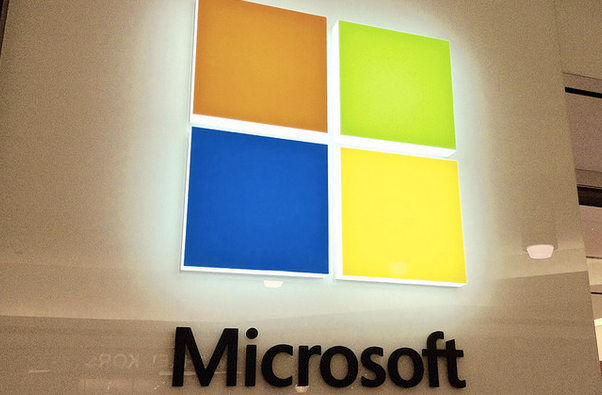Microsoft Now Accepting Requests To Remove Revenge Porn From Bing, Xbox Live & OneDrive
Microsoft joined the growing list of tech companies taking steps to crack down on so-called revenge porn – the posting of nude photos or videos online without the consent of the subject – by honoring requests to remove links to the images or the content from appearing in results on its search engine Bing and other platforms.
The tech company announced the move late Wednesday in a blog post, saying it was a first step to help “put victims back in control of their images and their privacy.”
Starting immediately, Microsoft says that once notified by a victim it will remove links to photos and videos from search results on Bing, and remove access to content itself when shared on OneDrive or Xbox Live.
Although the company allowed people to report such illicit content in the past, the new effort to address the problem of revenge porn included the creation of a dedicated reporting web page to make it easier for victims to let Microsoft know about particular photos and videos.
For now, the system is in English only, but the company say it will be expand to other languages in coming weeks.
“Clearly, this reporting mechanism is but one small step in a growing and much-needed effort across the public and private sectors to address the problem,” Jacqueline Beauchere, Microsoft’s Chief Online Security Officer, said in the post. “It’s important to remember, for example, that removing links in search results to content hosted elsewhere online doesn’t actually remove the content from the Internet – victims still need stronger protections across the Web and around the world.”
Revenge porn is an issue many social-based and search sites have been dealing with in recent years.
Back in June, Google announced it had created a “narrow and limited policy” that will treat the photos and videos in the same manner it treats other sensitive personal information, such as bank account numbers and signatures, that may appear in search results. As a result, the company said it would start accepting requests for removal via a web form.
Prior to accepting requests for removal, some victims of revenge porn have been able to have images delisted from Google Search by making copyright claims on the images. But if the victim isn’t the copyright holder of a revealing photo — say it was taken by an ex or a friend — this method falls short. Google’s new policy may close such loopholes that allowed these search results to remain.
In March, Twitter outlawed revenge porn through new terms of service. Just days before that, Reddit banned revenge porn with an update to its privacy policy that prohibits the posting of nude and sexual images without the consent of the subject.
Additionally, sites that existed solely to publish such content have come under fire from lawmakers and federal regulators.
In January, the operator of one now-defunct site dedicated to revenge porn called “isanybodydown.com” was the focus of a complaint from the Federal Trade Commission, which alleges he used deception to acquire nude content to post online, among other things.
He settled with the FTC and was ordered to destroy all images and personal contact information he collected from victims and people who knew them.
Shortly after that case, in February, the operator of a similar venture called yougotposted.com was found guilty of identity theft and extortion for running the site, which included thousands of sexually explicit images, mostly of women, that were published by anonymous users without the subjects’ consent or knowledge. He’s facing up to 20 years in jail as a result.
Want more consumer news? Visit our parent organization, Consumer Reports, for the latest on scams, recalls, and other consumer issues.


